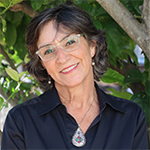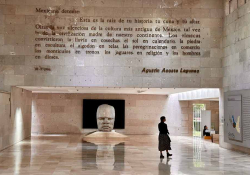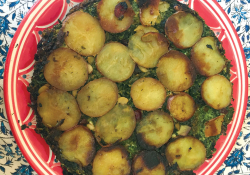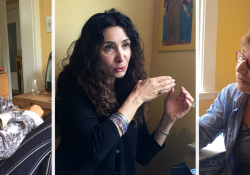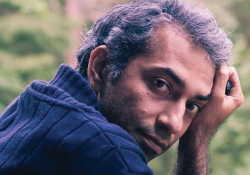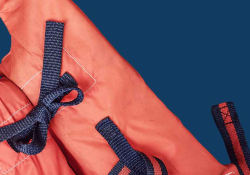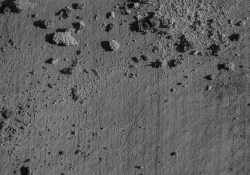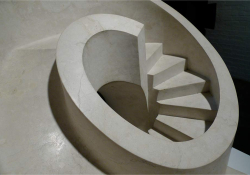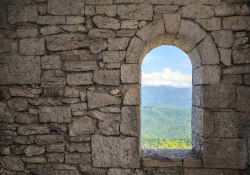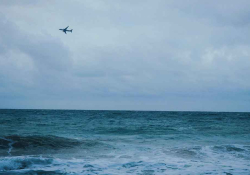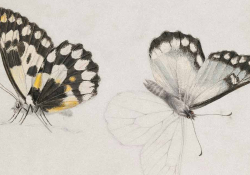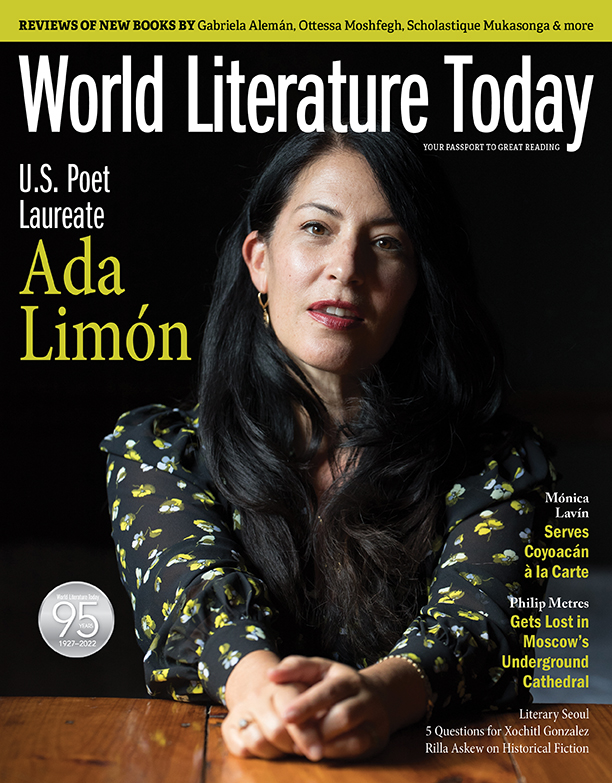Two Poems from Shadow and Light: Part of the Al-Mutanabbi Street Starts Here Project
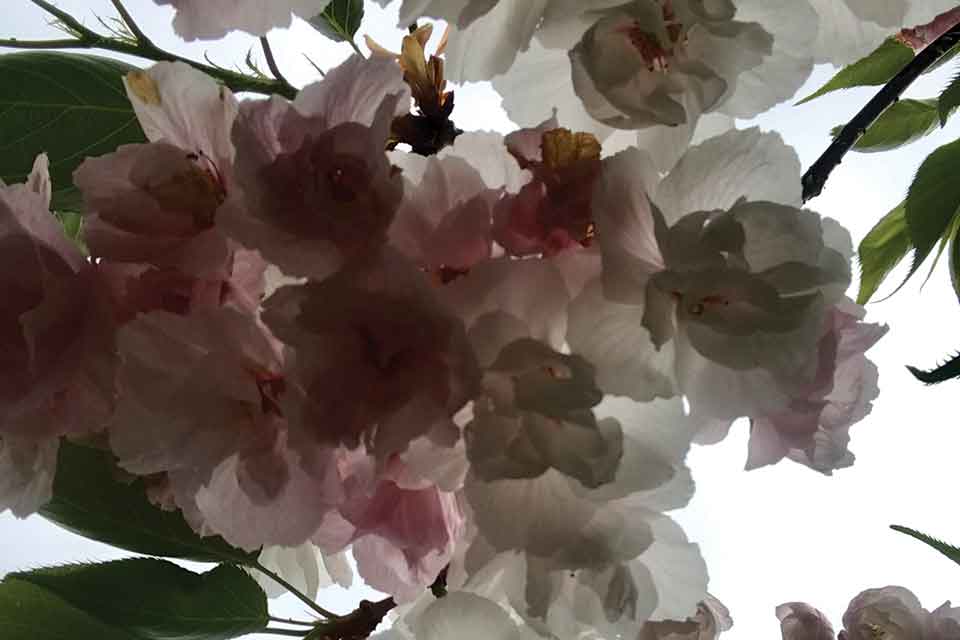
Shadow and Light was instigated by San Francisco Bay Area poet and activist Beau Beausoleil as part of a recent ancillary project of Al-Mutanabbi Street Starts Here (to learn more about this project, see WLT, Sept. 2013, 72). Al-Mutanabbi Street Starts Here began as a response to the bombing that occurred on March 5, 2007, in the street of the booksellers in Baghdad, Iraq. He was compelled to respond to this horrific bombing; it began as a reading at the San Francisco Public Library where I first met Beau and asked to be a part of this project. Beausoleil saw the bombing as an assault on ideas, on books, on free speech, and on the very idea of culture itself; at the time, he himself was a San Francisco bookseller, and it felt close to him.
Since 2007 Al-Mutanabbi Street Starts Here has grown from a series of readings to an edited volume of poems, a book exhibit, a collection of broadsides, and annual readings around the world to commemorate the Al-Mutanabbi Street bombing. Shadow and Light specifically memorializes the lives of academics, teachers, and educators who were killed in targeted assassinations between 2003 and 2013, a time frame roughly paralleling the US-led invasion and occupation of Iraq. Those who have contributed to Shadow and Light are writers, photographers, and poets from all over the world who select the name of an assassinated Iraqi academic from a list of 324 murdered academics compiled by a Spanish NGO, take a picture, and respond to the photo and the information about the person who was killed. Beau has specifically asked those connected to Al-Mutanabbi Street Starts Here to participate in this open project, but Beausoleil wants as many others, who wish to, to participate in these acts of solidarity and witnessing. “Honoring the lives of those who were killed for the simple act of teaching/educating is an impossible task—that is why we must attempt to do it again and again,” writes Beausoleil in his many emails of invitation to respond to the call.
During their lifetimes, the men and women memorialized in Shadow and Light enriched diverse fields of knowledge—from history to calligraphy to the study of bees. Each assassination represented an attack on the underlying principle of education—to share knowledge—and served as a threat to scholars throughout Iraq that they were at risk. Estimates of the total number slain is about seven-hundred-plus individuals. Some of their names are still unknown, and many died with little information recorded about them. In a statement, the 2021 UC Santa Barbara online exhibition describes Shadow and Light as operating “as both a collective and artistic response but also constitut[ing] an archive, as both a testament to the lives of Iraqis and of international solidarity.” Those who respond to the accompanying photographs they submit convey stories and bits of information pieced together from news sources about each person’s life and death. To date, there are more than sixty contributors to Shadow and Light artists’ books. Readings have been held in San Francisco (2022), UC Santa Barbara (2021), and London (2021); forthcoming readings from Shadow and Light will be held at London’s P21 Gallery, the University of Iowa, University of Pennsylvania, University of Michigan, and University of Illinois in 2023.
This project is still open, and Beau Beausoleil invites others to write to him to participate and receive the guidelines. You can email him at [email protected]. One needn’t be a professional photographer to join. What follows are my contributions of photos and poems about a wife and husband, both law professors in Mosul, who were murdered on two separate occasions between 2004 and 2005.
In the Time of Cherries
by Persis Karim
This is your name, not just your death, the day
someone gunned you down at the broken
stone gates in the time of cherries.
I know you Leila, just enough to know
you live in those others who sat in rapt
attention in your classroom, the women
who believe in justice, in words and sentences
for those without a voice or any chance
of speaking. How they listened to you
extol those large truths, the way an idea starts
in the heart, then springs into the throat,
and one day becomes the law or even
just the principle of it—a flower that blooms
in the minds of 10,000 more and doesn’t
know the end of a season.
Leila, Leila, I want to say your name.
I know you were more important than this
singular caption of murder. Where do I find
your story, your hopes and dreams in the lexicon
of war? Like me, you might have liked poetry and
wanted to learn the names of trees and birds.
Like mine, your mother must have been proud.
She must have told everyone in the village,
“My daughter, she attends university
and will soon become a doctor in law.”
You came from the quiet countryside
where she and your grandmother were born
and died, but you were taken before both of them
in the big city, holding a bag of your students’
papers, and the letter you penned to your faculty
the night before warning them to be
vigilant and guard their safety
even in the lull of early summer.
Artist’s Statement
“In the Time of Cherries”
180. Leila [or Lyla] Abdu Allah al-Saad: PhD in law, dean of Mosul University’s College of Law. Assassinated June 22, 2004.
I HAVE BEEN thinking about how few women were on this list, and I wanted to connect with an Iraqi woman academic and professor. I saw Leila’s name, and I wondered what it took to become a dean of the College of Law. She must have worked hard, sacrificed things—she must have believed in the law, even when others were cynical and angry at the system, or already frustrated with the law and politics even before the US occupation. I thought of how women teachers inspire others—particularly women students. I even did a search for Leila’s name, hoping to find something about her—where she was born, what her passions were, what, if anything, she wrote about. The caption above is all I found. As we endured Covid-19, I thought about how the idea of shelter-in-place wasn’t likely possible for Leila or her colleagues or students. Iraqis worked even if they didn’t get paid; they worked for their students, despite the occupation and violence. They had to show up for them. They wanted to believe that things would get better and that something worthwhile and transformative might follow such a major historical event as an occupation by the US. I imagined her knowing her life might be in danger, but showing up for her students and her colleagues might have given her hope and a sense of purpose. And I have also been thinking about flowers and the way each tree, plant, or bush, comes into its flowering at a particular time of the year. This is a photograph of the ornamental cherry tree in my backyard. I thought of Leila today. How she was not able to fulfill her destiny and how the season of her life was cut short, but how her life, I am certain, had an impact on her students. I want to say her name, so that she will not be forgotten. So that she will continue to bloom.
– Persis Karim
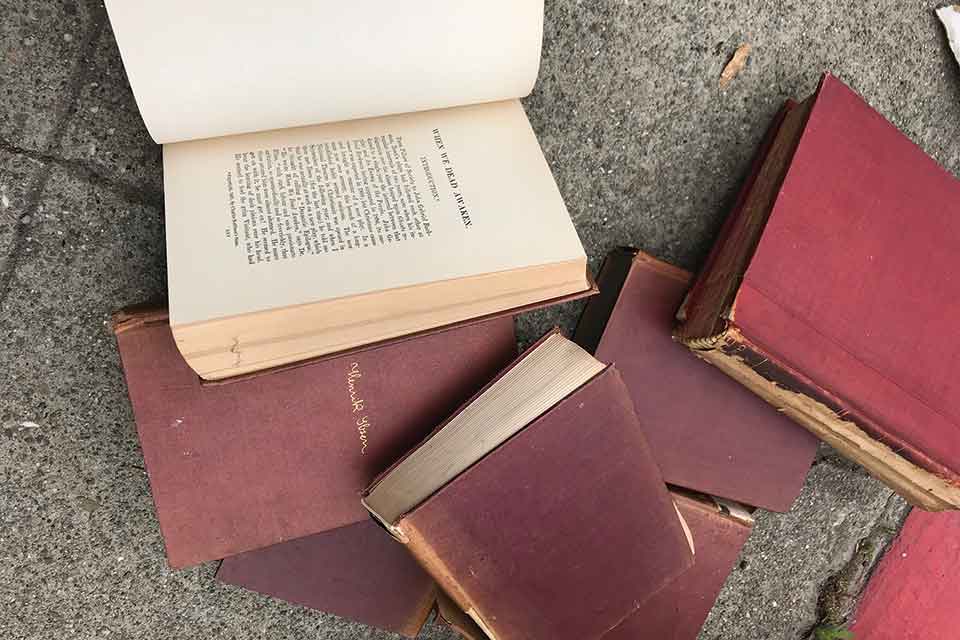
I want to say her name, so that she will not be forgotten. So that she will continue to bloom.
When We Dead Awaken
by Persis Karim
She will not awaken, will not
come back to life. I thought that I could
carry on, would carry on her legacy.
I knew I would never be half the lawyer,
half the teacher she was, but I thought
I could carry on, keep her memory alive.
I would ask the same questions, meet
the same silences, get the same look
that conveyed a deadly warning.
But what was her death if I did not ask?
What was my freedom if I did not question?
I waited for the taxi to take me home.
I stood waiting in the twilight
beside the gate where she was shot. I
wept quietly in the darkness for Leila.
Her memory awakened in me that last
conversation about having children.
I stood waiting and felt her near me
as if in a dream. But neither she
nor I would awaken from this nightmare
of our country, our city, our lives. I waited
and the time passed. One minute, one hour.
I do not know how much time passed
before I clutched my chest and sucked
in the air as I fell to my knees.
It was not my heartbreak, not my weak
heart, but a bullet piercing my chest. The sky
was a violet blue and the crescent moon
hung over me, but no one knows when I,
the husband of the dean of the College of Law,
fell to his death on an unspecified date
and time on the cool cement not far
from where her blood was spilled
in the weeks or months—or was it
a whole year?—earlier.
When we dead awaken, you will know
those details. For now, I am one
of those who lives in the shadow
of the unmarked days of death when
I tried to awaken my country.
Artist’s Statement
“When We Dead Awaken”
183. Muneer al-Khiero: PhD in law and lecturer in the College of Law, Mosul University. Married to Dr. Leila Abdu Allah al-Saad, also assassinated. Date unknown.
I WROTE THE first poem for Leila, “In the Time of Cherries,” and after I finished it and sent a draft to Beau Beausoleil, he asked me to consider writing a second poem for her husband (also listed) in the Mosul section. I immediately said yes. I was struck by how much less information there was about him. Not even an exact date of his assassination. I was troubled by this.
The next morning, while out walking, I encountered a stack of books that had clearly been put on the curb for any takers. They were old, slightly beat-up editions of a collection of Henrik Ibsen plays. They had been taken out of the box, and clearly someone had handled them before I found them. One of the books was open to the page that introduced the play When We Dead Awaken. It hit me, then, that this would become my picture and it would also be the inspiration for the poem I would write.
It hit me, then, that Ibsen’s book would become my picture and When We Dead Awaken would also be the inspiration for the poem I would write.
The play features a character named Professor Rubek and his wife, Maia. I knew immediately that this book opened to that page was meant to be mine, and even though I thought I should not be picking up someone’s stray books in the time of a pandemic, I took it home with me. And this is the photograph that accompanies the poem for Muneer al-Khiero, the husband of Dr. Leila Abdu Allah al-Saad. – Persis Karim
Read Beau Beausoleil’s poem “Regarding the List of 324 Iraqi Academics Assassinated.”
